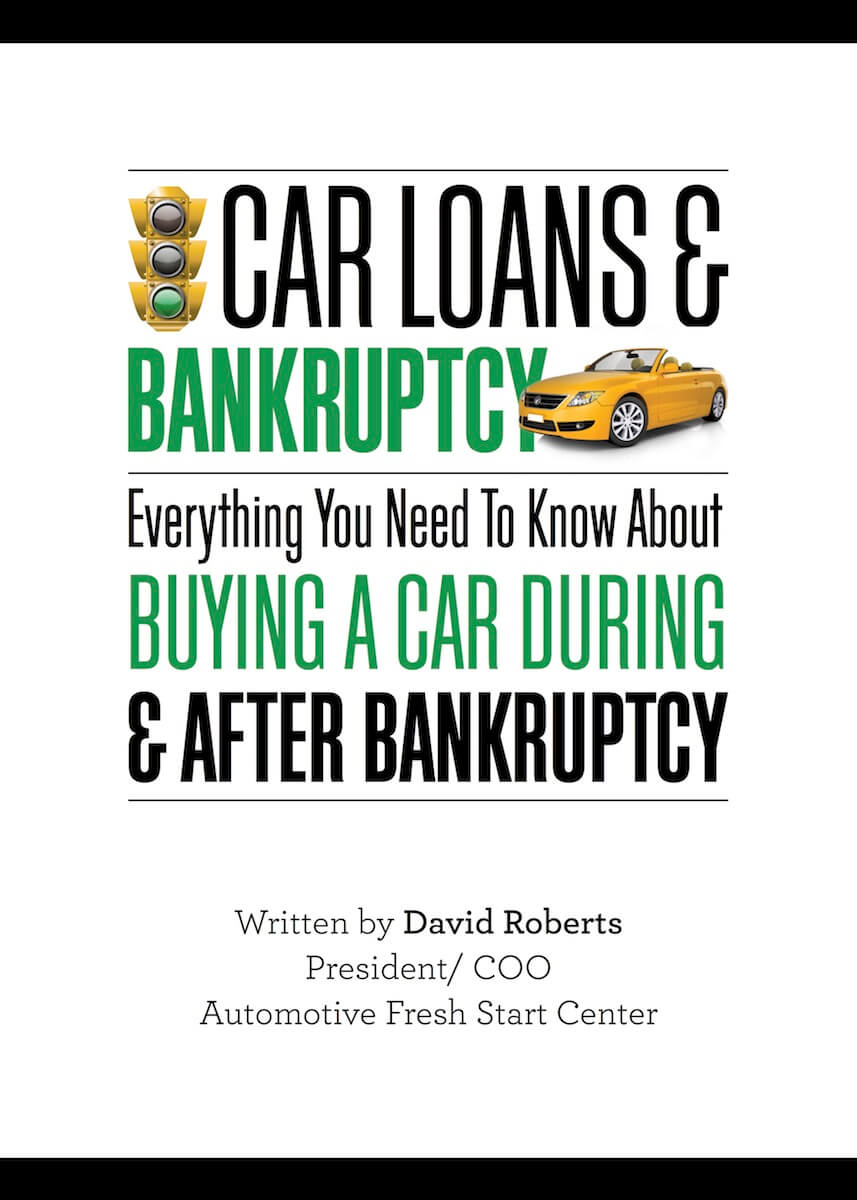Why isn’t my mortgage current after bankruptcy?
One of the biggest injustices that people face after filing for bankruptcy in Jacksonville, FL is having a mortgage company ignore the terms of the confirmed Plan and discharge order. Think about it – you go through the tough decision to file bankruptcy to save a home, struggle to complete the payments and then the mortgage company ignores all your hard work and sacrifice. The same threats and fears all come back just like you had never filed for bankruptcy.
At Mickler & Mickler we see the effects of mortgage companies ignoring Chapter 13 and Chapter 11 Plans all the time. We initially try to assure the client that they did nothing wrong in the bankruptcy. Assuming that the Plan payments have been made as required (and in most cases – they have been), then it is not the client’s fault, it is not the attorney’s fault, it is not the fault of the Court – it is a mortgage company mistake that has led to the mortgage being declared delinquent even after a discharge from bankruptcy.
This situation is not limited to people who file for bankruptcy in Jacksonville, FL. It is a nationwide problem. Currently, Bank of America – f/k/a Countrywide Mortgage – is facing a class action suit by former Chapter 13 Debtors who claim that they were charged fees and other expenses during their Chapter 13 cases which were not disclosed or authorized by the Bankruptcy Court. Rodriguez, et al. v. Countrywide Home Loans, Inc., 5th Cir.2012 (Class Action status allowed for former chapter 13 debtors with mortgages serviced by Countrywide which claimed, among other things, that the fees Countrywide charged while plaintiffs’ bankruptcy cases were still pending were unreasonable, unapproved, and undisclosed under Federal Rule of Bankruptcy Procedure 2016(a)). In one Bankruptcy Case, a study of discharged Chapter 13 cases found that 70% of discharged Chapter 13 cases had fees assessed against the property and debtor which were not authorized by the Court. See Wilborn v. Wells Fargo Bank, N.A., 404 B.R. 841, 851 (Bankr.S.D.Tex.2009) (vacated on other grounds).
Obviously, this is a nationwide problem on a grand scale. Millions of dollars of overcharges are potentially assessed each month against properties in Chapter 13. Most of these charges have never been approved by the Court and are unknown to the property owner struggling to save the home through Chapter 13. When the unsuspecting owner emerges from Chapter 13, the bank begins to demand payment of the fees and charges. If the property owner does nothing, then they risk foreclosure.
At Mickler & Mickler we fight to enforce your rights under the Chapter 13 discharge. Maybe the only consumer friendly provision in the 2005 Bankruptcy Code amendments was the addition of 11 U.S.C. sec. 524(i). That new section allows individuals to enforce the discharge provisions against mortgage companies who have violated the provisions of a confirmed plan. Our office has the experience to put this provision to work for you to protect your home from illegal mortgage charges during a Chapter 13 case.
If the bank has assessed illegal charges against your home, we will review your mortgage transaction history to determine whether a discharge violation has occurred. If so, we will file suit to enforce your rights. If your Chapter 13 attorney won’t back you up – come see us to get the protection you deserve. We have successfully defended homeowners against mortgage abuses for over 15 years. We have the resources and experience to back you up against the bank. We routinely hire forensic accountants to recreate your loan history and determine where the illegal charges were made to the loan. Don’t risk losing your home due to illegal bankruptcy charges. Let us review your case and fight to enforce your discharge against mortgage abuse.
Call Mickler & Mickler at 904.725.0822 or email bkmickler@planlaw.com
